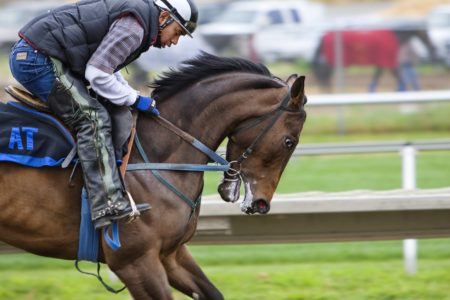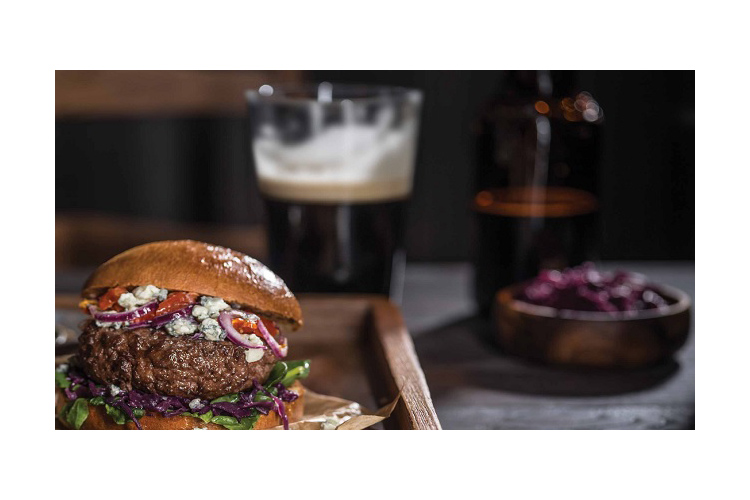17 April 2023
By Roger Kennedy
roger@TheCork.ie
Horse racing in Ireland continues to be a favourite for many Irish people. The horse racing events, festivals and celebrations attract locals and tourists alike.
The country has had a longstanding passion for horse racing and its related activities such as horse racing betting. Many horse races take place in Ireland, some of which have earned a global reputation for being some of the best horse races in the world.
One of these famous events is the Galway Summer Festival. It is one of the most popular horse racing events in the country.
But how has Galway Summer Festival earned its reputation? What is it famous for?
This article will explore how this horse racing event works, when it takes place and some of the reasons behind its popularity.
What is the Galway Summer Festival?
The Galway Summer Festival is known for being one of the longest horse racing festivals in Ireland with seven full days of races.
It was inaugurated in 1869 and can accommodate approximately 150,000 audience members.
At its beginnings, this horse racing event was only a two-day festival. Its growing success encouraged organizers to extend the festival.
In 1959, the festival turned into a three-day event. The festival was repeatedly extended over the following years until 1999, when it reached the festival’s current format of seven days.
Although the Galway Summer Festival is by far the most popular Galway festival, there are also some additional Galway horse racing events held in September and October. Those looking for more horse racing activities in the city could attend these events.
When and where does the Galway Summer Festival take place?
The Galway Summer Festival is an annual horse racing event held every summer. It lasts for a week starting from the last Monday of July.
This festival takes place at the Ballybrit Racecourse, which is located in the Irish city of Galway, in County Galway.
The Ballybrit Racecourse is a right-handed course with fences, two of which are known for being the closest fences on any official racecourse.
The major races held at the Galway Summer Festival
The most popular races at the festival are the Galway Plate and the Galway Hurdle.
The Galway Plate is a National Hunt chase which requires horses to jump over fourteen fences. The Galway Hurdle is a National Hunt hurdle race during which horses have to jump over nine hurdles.
Other races scheduled for summer 2023 include the Adare Manor Opportunity Handicap Hurdle, the Guinness Galway Tribes Handicap Hurdle, the COLM QUINN BMW Novice Hurdle…
Races scheduled on each festival day can be found on the Galway Races’ official website.
The venue, its VIP experiences and other activities
One of the biggest factors behind the Galway Summer Festival’s success and popularity is its venues and the number of experiences it offers to its guests.
Here are some of the activities, experiences and non-horse racing activities available to audience members.
- Several restaurants, bars, team rooms, clubs and lounges
There are many dining and drinking options to pick from at the Ballybrit Racecourse where the Galway Races are held. These venues are spread out over the site and can be found in the Killanin Stand, the Wilson Lynch building and the Millennium Stand.
From a food court to a sophisticated champagne bar, visitors will have many options to choose from depending on their budget and personal preferences.
VIPs and/or heads of state who attend a race will usually reserve a specific bar and restaurant which will be closed off for the occasion.
- Ladies’ Day
One of the most popular events at the Galway Summer Festival is Ladies’ Day. On Ladies’ Day, the best dressed female guest will be awarded a financial prize.
It tends to be one of the most popular days of the festival as it attracts horse racing fans and fashion lovers. On that day, female visitors take their seats wearing their best high-fashion dresses, hats, and heels.
- Music and live entertainment
The Galway Summer Festival is not just about horse races. There are also some exciting non-horse racing activities, experiences and live entertainment available on site.
For example, organizers usually schedule a ‘family fun day’ on the last day of the festival. On this day, children can enjoy magic shows, inflatable games, tea-cup rides, miniature trains and more.
On another one of the festival’s days, organizers schedule an exciting music line up with famous or up-and-coming Irish musicians.
Each day brings its own activities and surprises, designed to delight all guests and create unforgettable memories.



